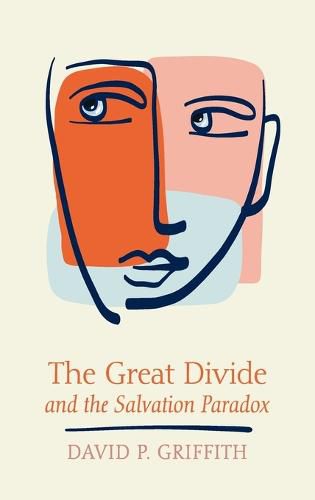Readings Newsletter
Become a Readings Member to make your shopping experience even easier.
Sign in or sign up for free!
You’re not far away from qualifying for FREE standard shipping within Australia
You’ve qualified for FREE standard shipping within Australia
The cart is loading…






This title is printed to order. This book may have been self-published. If so, we cannot guarantee the quality of the content. In the main most books will have gone through the editing process however some may not. We therefore suggest that you be aware of this before ordering this book. If in doubt check either the author or publisher’s details as we are unable to accept any returns unless they are faulty. Please contact us if you have any questions.
The church in its first centuries split on whether Christ saved everyone or a few, Universalism versus Exclusivism. In the sixth century, the church settled the issue seemingly and held that Universalism was heresy. This book reviews this history as well as what provoked it–Scripture, on its face, gives two contradictory accounts of salvation’s extent: everyone is ultimately saved and everyone is not. In contrast to both Exclusivism and Universalism, the book takes Scripture’s two accounts of salvation’s extent as true–that is, as a paradox. This is the approach the church has taken with other scriptural paradoxes. Saying one God is three, or one Son is both God and man, appeared to be contradictory too, but, to embrace Scripture entirely, these were seen as paradoxical. The Trinity modeled how one can be three, and the hypostatic union modeled how one can be two. For the paradox of salvation’s extent, the answer lies in the individual’s divisibility in the afterlife, one can be two. That is, in ultimate salvation, each individual can be both saved and unsaved.
$9.00 standard shipping within Australia
FREE standard shipping within Australia for orders over $100.00
Express & International shipping calculated at checkout
This title is printed to order. This book may have been self-published. If so, we cannot guarantee the quality of the content. In the main most books will have gone through the editing process however some may not. We therefore suggest that you be aware of this before ordering this book. If in doubt check either the author or publisher’s details as we are unable to accept any returns unless they are faulty. Please contact us if you have any questions.
The church in its first centuries split on whether Christ saved everyone or a few, Universalism versus Exclusivism. In the sixth century, the church settled the issue seemingly and held that Universalism was heresy. This book reviews this history as well as what provoked it–Scripture, on its face, gives two contradictory accounts of salvation’s extent: everyone is ultimately saved and everyone is not. In contrast to both Exclusivism and Universalism, the book takes Scripture’s two accounts of salvation’s extent as true–that is, as a paradox. This is the approach the church has taken with other scriptural paradoxes. Saying one God is three, or one Son is both God and man, appeared to be contradictory too, but, to embrace Scripture entirely, these were seen as paradoxical. The Trinity modeled how one can be three, and the hypostatic union modeled how one can be two. For the paradox of salvation’s extent, the answer lies in the individual’s divisibility in the afterlife, one can be two. That is, in ultimate salvation, each individual can be both saved and unsaved.